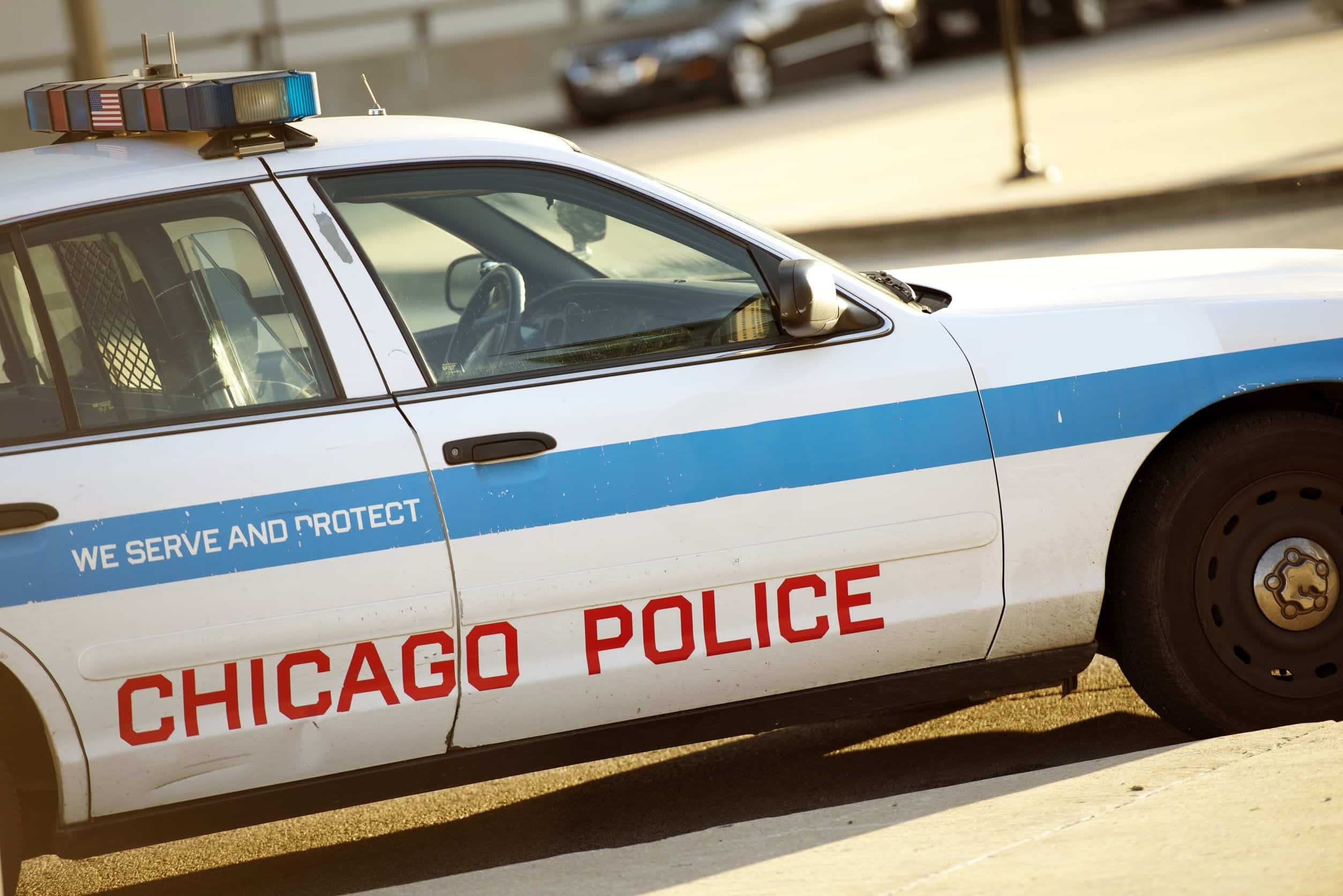- Home
- THE FIRM+
- Criminal Defense+
- CASE RESULTS
- AREAS WE SERVE+
- FAQ’s
- Blog
- Contact
AZHARI LLC BLOG

Posted By: Sami Azhari
Category:
Police departments in major cities around the country are doing their best to contend with the effects of the coronavirus pandemic. This means prioritizing the safety of both the public and officers.
One solution that many departments have come up with is to begin issuing citations for low-level, non-violent crimes. These include a variety of infractions from minor theft to minor drug violations.
In the city of Chicago, police have implemented a cite and release policy for misdemeanor drug possession instead of arresting offenders. This and other measures are an attempt to curb the spread of the COVID-19 virus which has ravaged countries around the world.
Drug Possession Charges in Chicago
There are many different laws surrounding drug possession in Chicago. The most minor of these infractions are considered misdemeanor level offenses with higher-level offenses classified as felonies.
Offense level depends on the type of substance and the amount in possession. Some substances, like cocaine, heroin, and amphetamines are automatic felonies no matter how small the amount in possession is. Drugs that fall under the category of a misdemeanor are marijuana and anabolic steroids.
Marijuana Legalization Laws Took Effect in January 2020
For police worrying about the coronavirus, marijuana will be the primary drug they see due to drug law changes regarding marijuana possession in the state of Illinois. In January 2020, the state passed legislation, fully legalizing and regulating marijuana.
Current Marijuana Possession Crimes and Penalties
The new laws say possession of marijuana up to 30 grams is legal. This also includes up to 500mg of edibles and no more than 5 grams of concentrates. A person found in possession of more than 30 grams, however, can be charged with a crime as defined:
- 30-100 grams is considered a misdemeanor for a first-time offender punishable by no more than 1 year in jail, a fine not to exceed $2,500, or both
- 30-100 grams is considered a felony after the first time offense punishable by 1 to 3 years incarceration, a fine not to exceed $25,000, or both
- 100-500 grams is considered a felony punishable by between 1 and 3 years incarceration, a fine not to exceed $25,000, or both
- 500-2,000 grams is considered a felony punishable by between 2 and 5 years imprisonment, a fine not to exceed $25,000, or both
- 2,000-5,000 grams is considered a felony punishable by between 3 and 7 years imprisonment, a fine not to exceed $25,000, or both
- Over 5,000 grams is considered a felony punishable by between 4 and 15 years incarceration, a fine not to exceed %25,000, or both
It is important to note that non-residents of Illinois are only allowed to possess half the amount of state residents. This means visitors can possess up to 15 grams before it becomes a misdemeanor.
Cite and Release for Minor Drug Possession in Chicago
Because of the coronavirus outbreak, police are doing their best to both keep officers safe and to have fewer people in jail to prevent the virus from taking hold in the cities jails.
This means individuals charged with minor drug possession will now be given a citation instead of being arrested. So the possession of anabolic steroids or the first time marijuana possession of between 30 and 100 grams (15 grams for non-residents) count as “minor drug possession.”
What Happens If You Receive a Citation
A citation is an order to appear in court at a later date in lieu of an arrest. This works to minimize officers’ exposure to potentially infected individuals. The added benefit is that there will also be fewer people in jail and the spread can hopefully be contained.
If you’ve been given a citation for minor drug possession, it’s still important to retain an experienced attorney. You can still be brought up on charges at a later date and sentenced to time in jail. An experienced attorney can help to minimize any penalties you may face and potentially keep you out of jail at a later date.
About the Author
Sami Azhari has been working as a lawyer since 2007, after receiving his Juris Doctor from the Michigan State University College of Law. He has handled numerous state and federal cases, and is known throughout the Chicago and Rolling Meadows area for providing his clients with high-quality, skilled representation. He has been recognized by Avvo (2013 and 2018), SuperLawyers (2015-2020), The National Trial Lawyers, and other notable organizations, and has spoken at a number of legal conferences.


























































